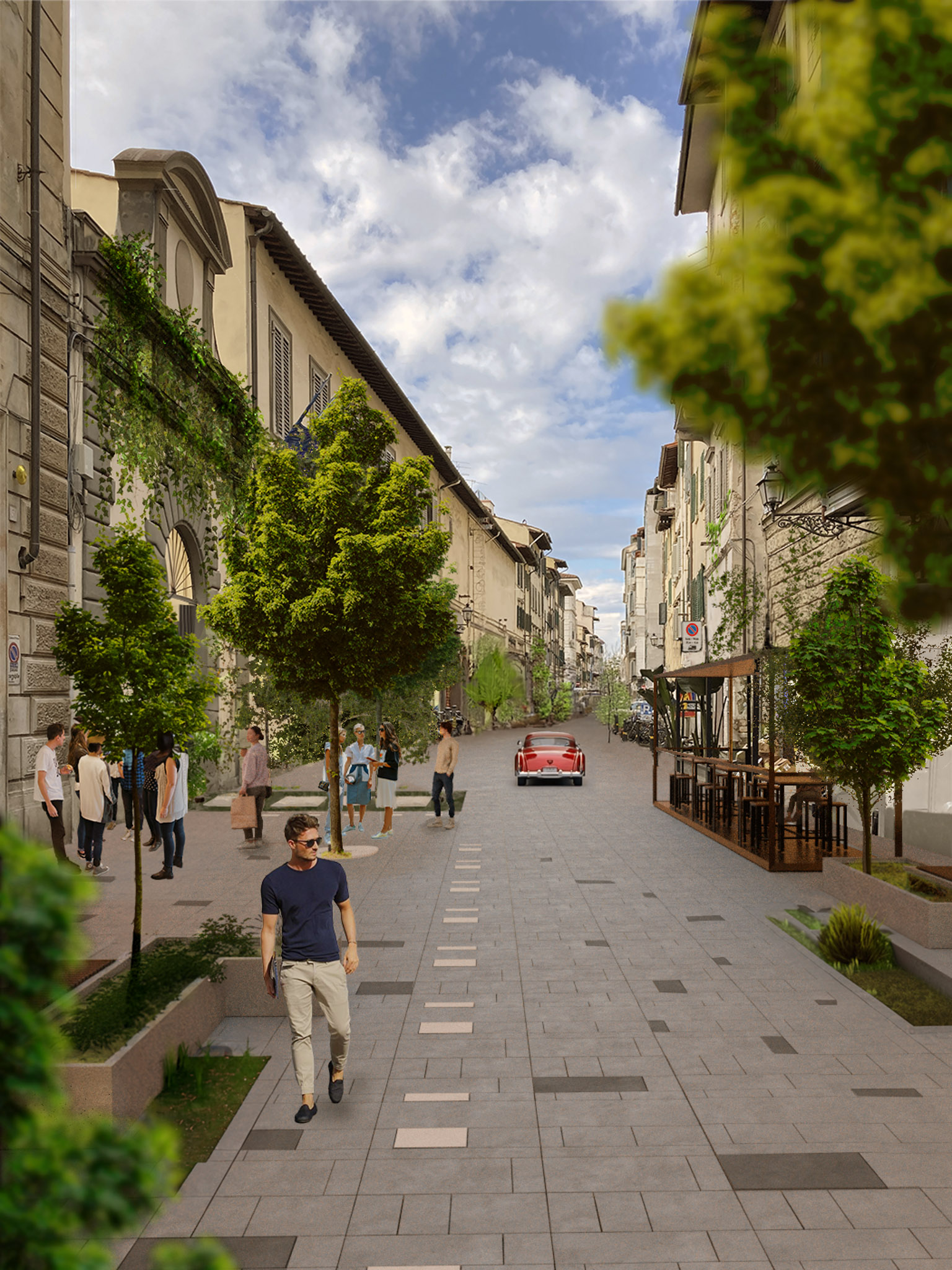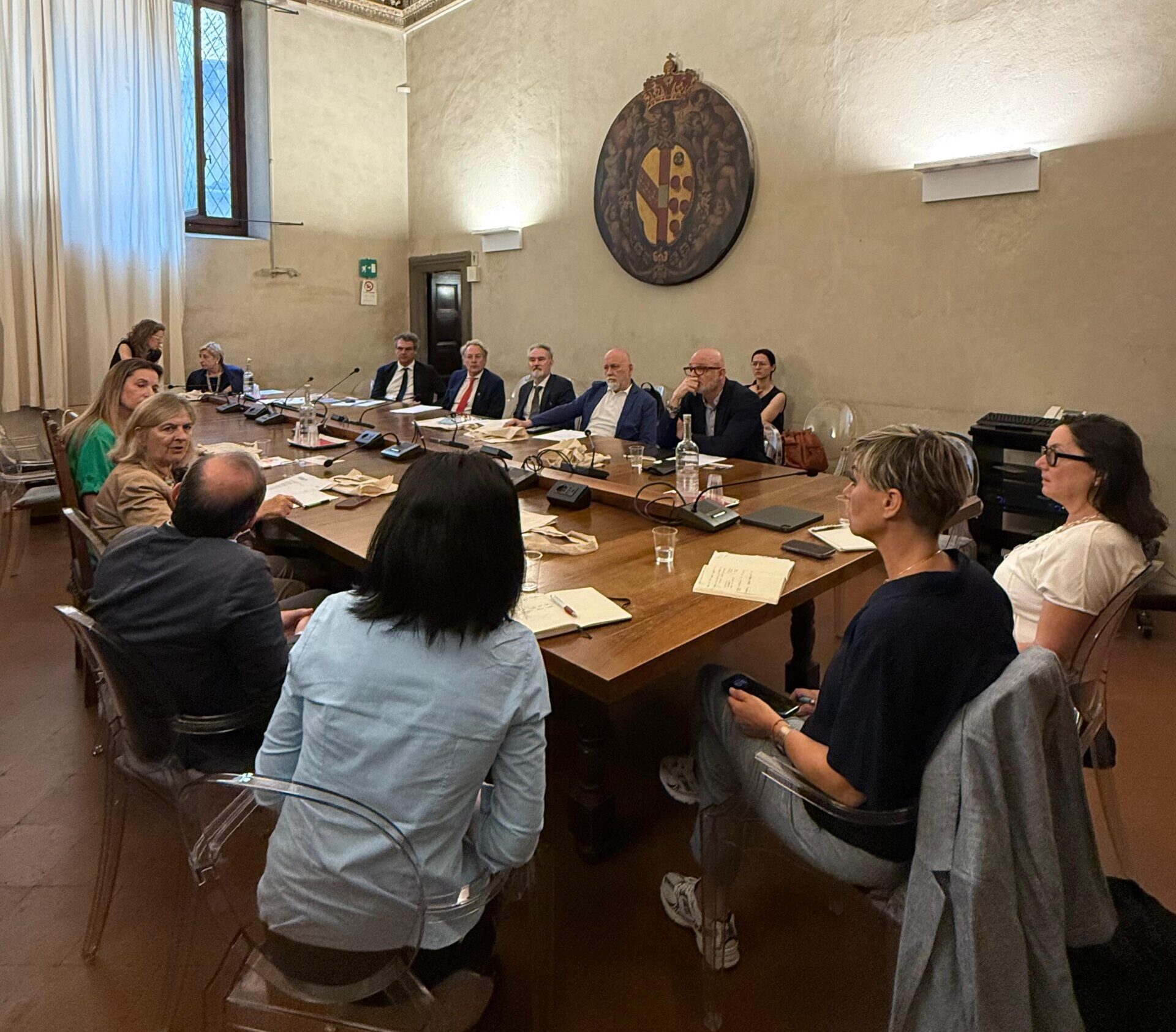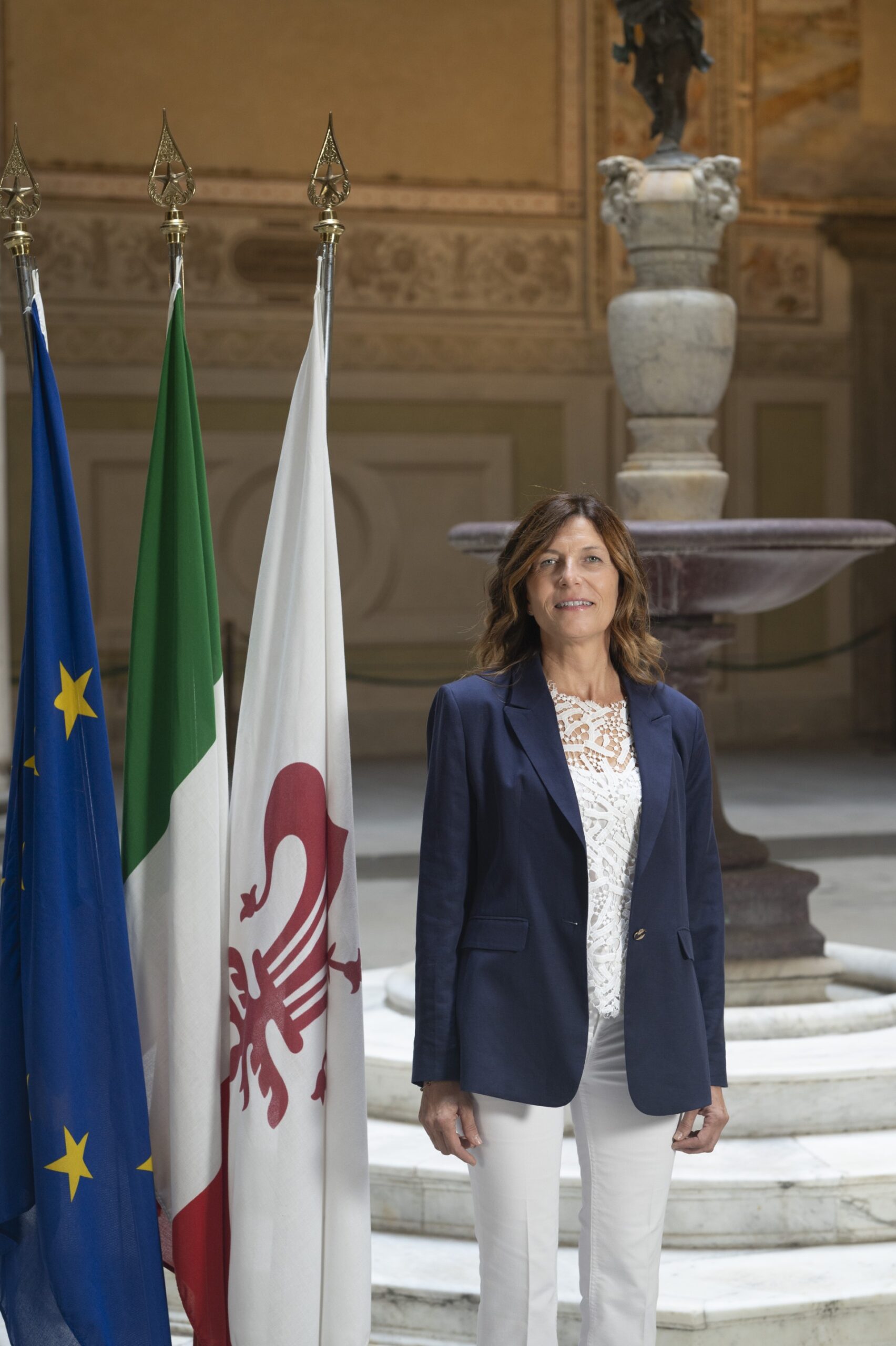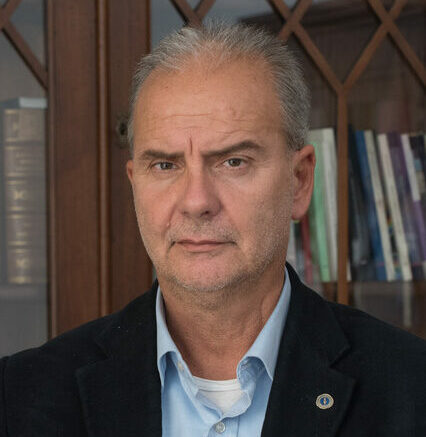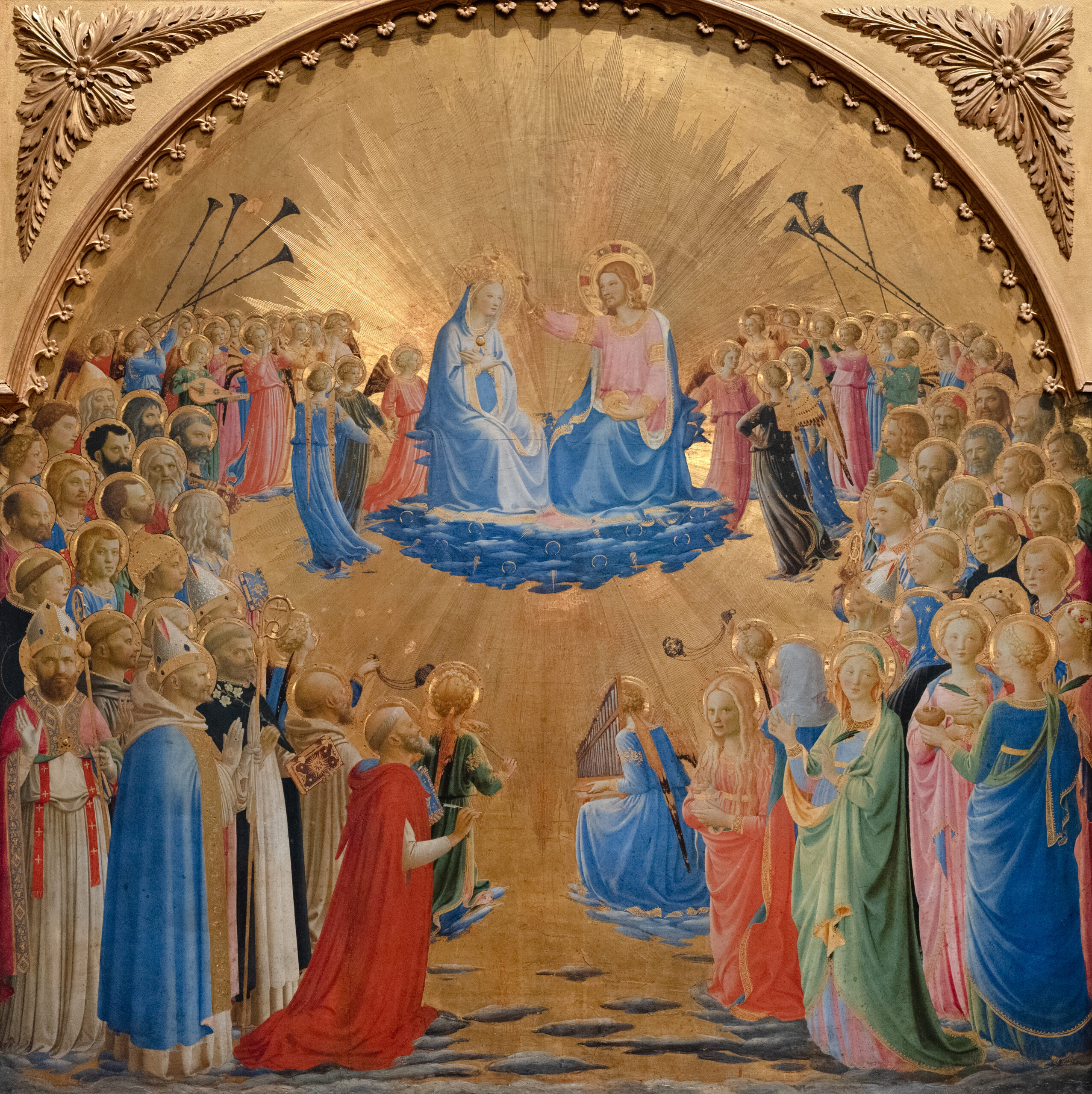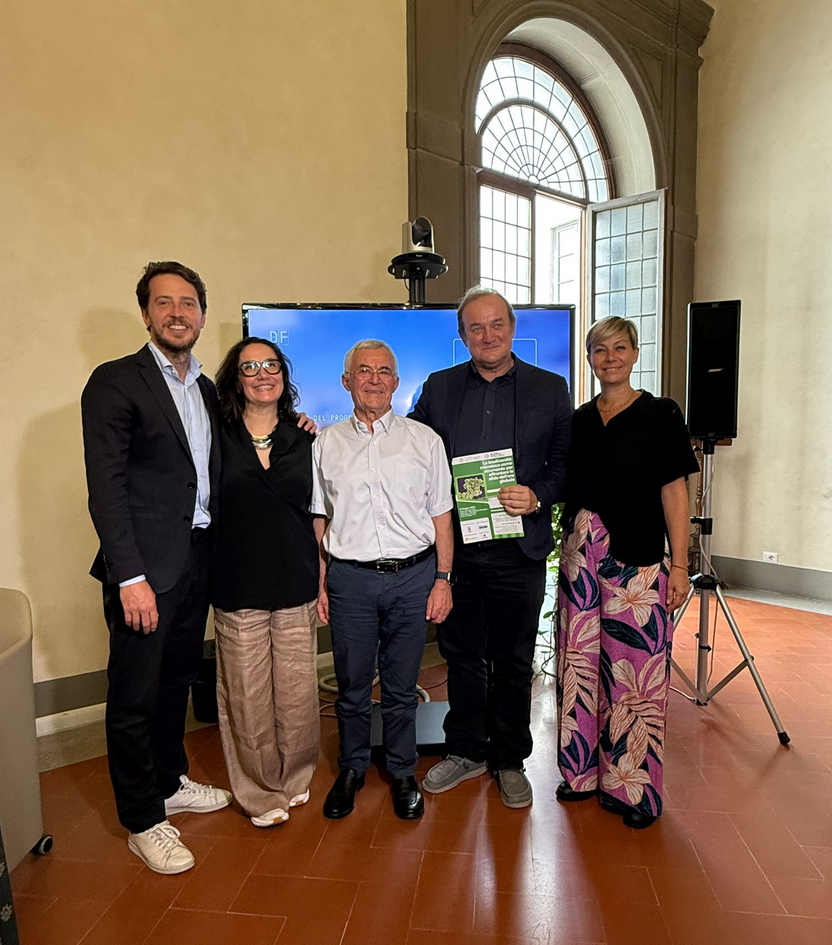One of the main features of a top-class conference city is the deep-seated intellectual commitment of local leaders. To date, Florence Convention & Visitors Bureau has successfully involved these leaders in international congresses. Now, Florence aims to engage these individuals further, which means seeking out leaders with international reputations, as well as developing programs aimed at expanding the city’s scientific base and commercial potential.
What is the Intellectual Capital Index and what does it express?
The index allows us to assess the contribution made by all the activities associated with knowledge, research and technology transfer, which are highlighted less with other indicators, but which have repercussions on the local fabric in material, cultural and social terms. The added value determined by the activities of universities and research centers is represented by Italian and international students who move to Florence to study, who – in addition to the rent they pay and the city’s allure for their friends and family – represent an invaluable intercultural value with a significant social impact and long- term relations. On the other hand, the activities of lecturers and professors must be assessed in terms of the ability to organize scientific events locally, which translates as congresses attracting thousands of people – delegates are often accompanied by family members – and the constant flow of persons involved in meetings. The intellectual capital index strives to express this whole world that moves according to the intellectual capacity of universities and research centers.
How do we turn our attention to the economic worth of intellect?
Our area is famous all over the world for its history, art and literature. It’s clear that these aspects are associated with Florence, the cradle of the Renaissance. This drives international tourism with values that result economically clearer than those promoted by university research. The University of Florence is general in its approach as it has interests in all fields, from medicine to engineering, agriculture, the environment and the humanities. The types of people who move around on the basis of these interests represent a certain level of value, or evolved tourism, which the local area recognizes better as it makes use of several aspects. Hence, this allows us to understand how this higher level in Florence – because the situation is one of university learning and research – can have a greater economic impact compared to a similar city without higher education institutions. The economic impact might prove broader and of higher quality compared with mass tourism.
Where is the room for improvement?
Florence is positioned well in Europe. It could be positioned even better if it were to resolve a few habits that derive from mass tourism. Florence is a tourist destination and its pulling power is unquestionable. When Florence is chosen, very few objections are voiced, but at times organizers find it hard to find rentals at affordable prices. It’s the same for students. Florence is a university city, but it could offer more competitive amenities and prices, plus a more structured offering. Before the pandemic, the city’s administration had started to solve problems affecting students and researchers, so that they feel at ease on moving to Florence. Destination Florence Convention & Visitors Bureau is developing a student orientation section on their website and is taking a proactive approach on spreading awareness about these issues.


